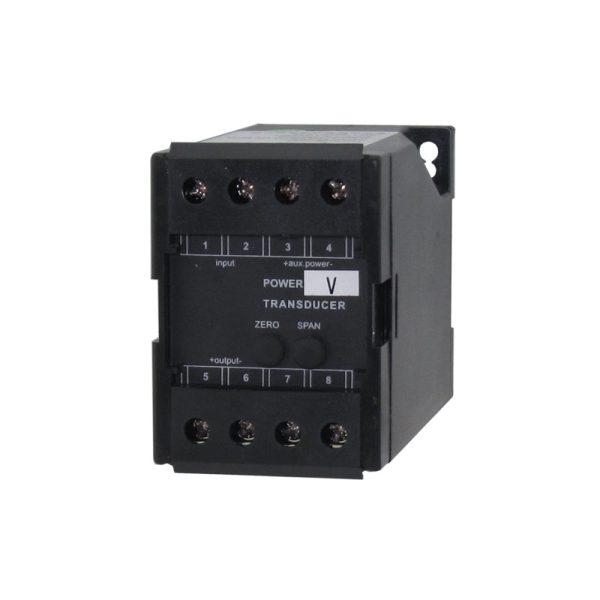Electrical transducers are devices that convert one form of energy into another, typically electrical energy. They are used in a wide range of applications, from measuring physical quantities like temperature and pressure to converting sound waves into electrical signals for audio recording. However, there are some basic requirements that all electrical transducers must meet in order to function properly.
The first requirement is sensitivity. A transducer should be able to detect even the smallest changes in the input signal and convert them into measurable electrical signals. This sensitivity is often expressed in terms of the transducer's resolution or minimum detectable signal level. The higher the sensitivity, the more accurate the measurements will be.
Another important requirement is linearity. A transducer should produce an output signal that is proportional to the input signal over a wide range of values. In other words, if the input signal doubles, the output signal should also double. This ensures that the measurements taken by the transducer are reliable and consistent.
Accuracy is also a critical requirement for the electrical transducer. The accuracy of a transducer refers to how closely its output signal matches the actual value of the input signal. To ensure accuracy, transducers must be calibrated regularly using known reference standards.
Repeatability is another important requirement for electrical transducers. Repeatability refers to the ability of a transducer to produce the same output signal when the same input signal is applied repeatedly. This is important because it allows for consistent measurements over time.
Finally, reliability and durability are essential requirements for electrical transducers. Transducers must be able to withstand harsh environmental conditions, such as extreme temperatures and humidity, without affecting their performance. They must also be designed to last for a long time without needing frequent repairs or replacements.
In conclusion, electrical transducers are essential components in many different industries and applications. To function properly, they must meet certain basic requirements, including sensitivity, linearity, accuracy, repeatability, reliability, and durability. By ensuring that these requirements are met, transducers can provide accurate and reliable measurements for a wide range of applications.

